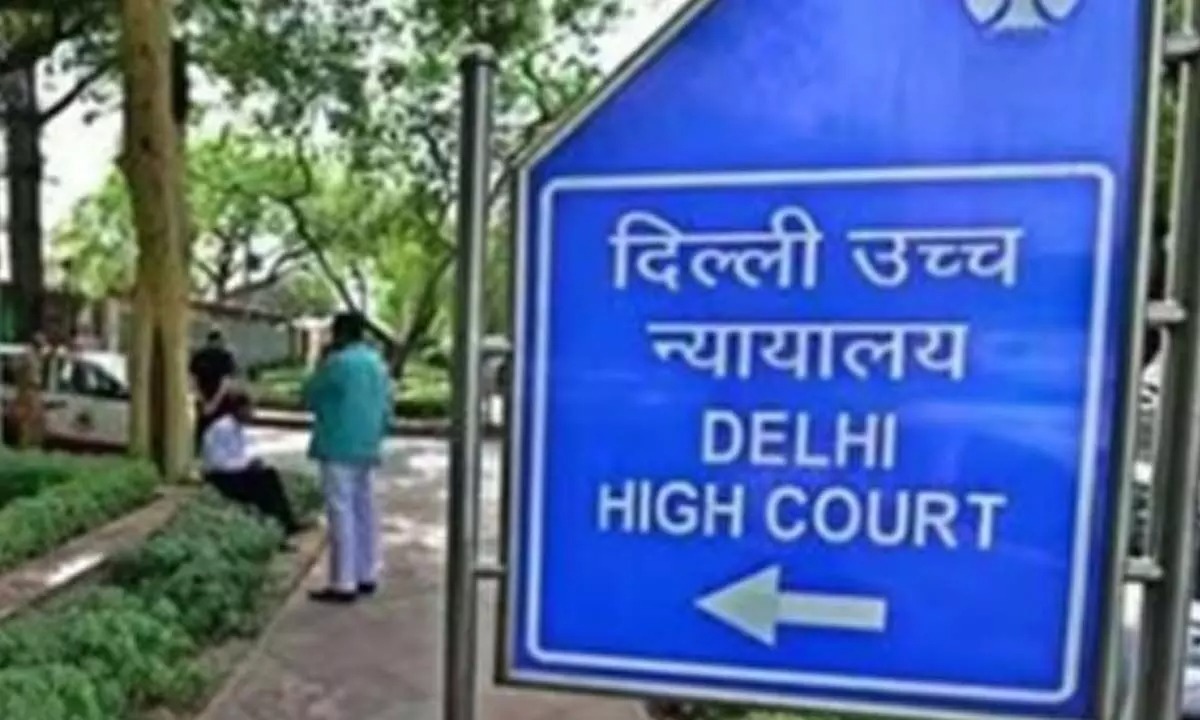Walmsley, J.@mdashOne Ganpat Ram was adjudicated insolvent by an order of the District Judge of Dinajpur on January 12, 1920. The nazir of the Court was then appointed Receiver of the insolvent''s estate.
2. In April, a creditor, Syed Muhammad Musa Choudhuri (No. 8), and in the following January, another creditor, Ram Charit, now respondent, asked the Judge to take proceedings in regard to a conveyance executed by the insolvent in favour of the appellant, Ram Sundar Ram, shortly before the insolvent sought the refuge of the Court. The Judge held an enquiry and annulled the conveyance.
3. The transferee prefers this appeal and his principal contention is that the proceedings were incompetent because they were conducted by a creditor or creditors and not by the Receiver. It appears to me beyond doubt that it is the Receiver and only the Receiver who should conduct such proceedings. The course that is to be taken is clearly described in the case of Joy Chandra Das v. Mahomed Amir (1917) 22 C.W.N. 702. It is argued that since that decision a new Act has been passed and that the terms of Section 4 are wide enough to justify the procedure followed in this case. I do not think that this argument is correct because the words "subject to the provisions of this Act" appear in that section and as under the Act the property of the insolvent vests in the Receiver, the provisions of Section 4 cannot be taken to authorize a creditor to prosecute an enquiry of this kind.
4. It is true that in substance the result may be much the same, whether the creditor carries on the enquiry in person or uses the Receiver as a figure head, but that is not a sufficient reason for countenancing a procedure not warranted by law, particularly where, as in this case, the objection was taken, though perhaps rather obscurely in the lower Court.
5. I think that the appeal should be allowed and the order annulling the conveyance set aside, with costs: the hearing fee in this Court being assessed at two gold mohurs. We express no opinion on the merits and this order will not prevent the Receiver taking action if thought advisable.
Mukerji, J.
6. I agree.

